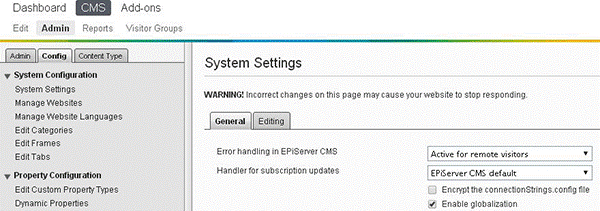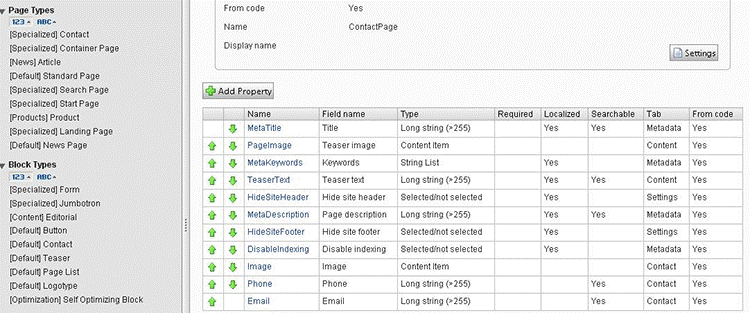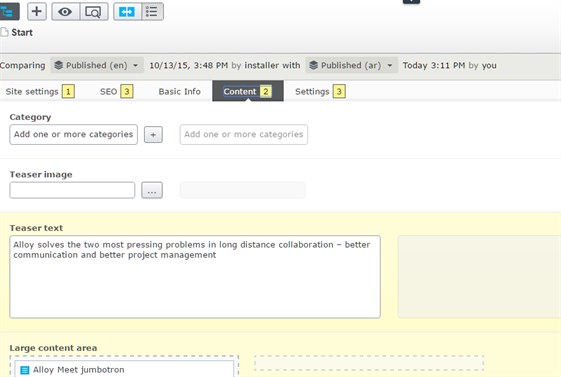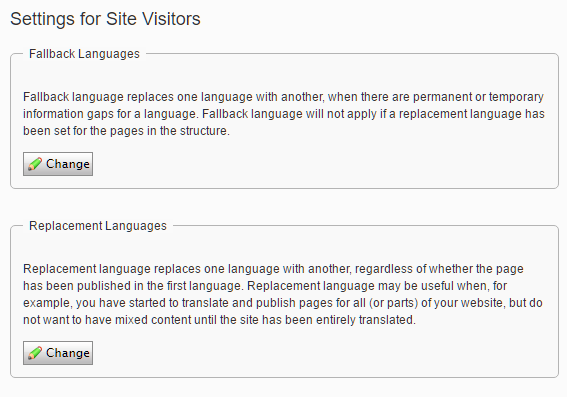Episerver (Optimizely) 10: Multilingual Features
Episerver (Optimizely) continually releases new tools and features to enhance productivity and content management processes with each new version. They also continue to expand language support functionality and improve multilingual content capabilities. Version 10 is no exception.
Local and Shared Blocks
In version 10, Episerver (Optimizely) introduced a new way to handle content for local and shared blocks. Blocks are simply a reusable component that can hold different formats of content. Local blocks are limited to the boundary of one page, but shared blocks can be shared between any of the pages in the CMS. So, based on this, the configuration requirements are now extended to include blocks and not only pages, as was the case in the 6R2 version.
Interface Languages Support
According to the Episerver (Optimizely) website, the CMS interface supports, by default, the following languages:
- English
- Swedish
- Danish
- German
- Spanish
- French
- Dutch
- Norwegian
- Portuguese
- Finnish
- Chinese
- Japanese
Additional language files can be created for other languages. The content of the CMS user interface is stored in XML languages files.
CMS Internationalization (i18n)
Episerver (Optimizely) allows CMS globalization by logging in as the administrator, and from the configuration tab, selecting System Settings and checking Enable Globalization.

CMS Localization (L10n)
To localize Episerver (Optimizely), all properties that hold content must be set up as Unique per Language in order to display multiple languages. To do this, follow these steps:
Log in as Admin > select Content Type > then go to each item under Page and Block Types and check the properties that belong to each item.
Make sure that each cell under the localized header displays the word Yes and is not empty. The properties that don’t deal with content can be skipped.

Fallback and Replacement Features
To instruct Episerver (Optimizely) how to handle cases such as when specific languages are not available for certain pages or blocks CMS Fallback and Replacement needs to be enabled.
Side by Side Editing
To facilitate editing, Episerver (Optimizely) provides a feature to view side by side the source and target language.


Pages and Blocks
Blocks is a feature added in version 7.5 to facilitate content management. A block has two main types: public and private. Simply the public block is created and saved as a standalone item and then can be used in several pages or even inside another block. A private block is used only within a page and cannot be accessed or re-used from another page or block. The localization process for blocks follows the same approach like page, which facilitates the translation process for the CMS content.
